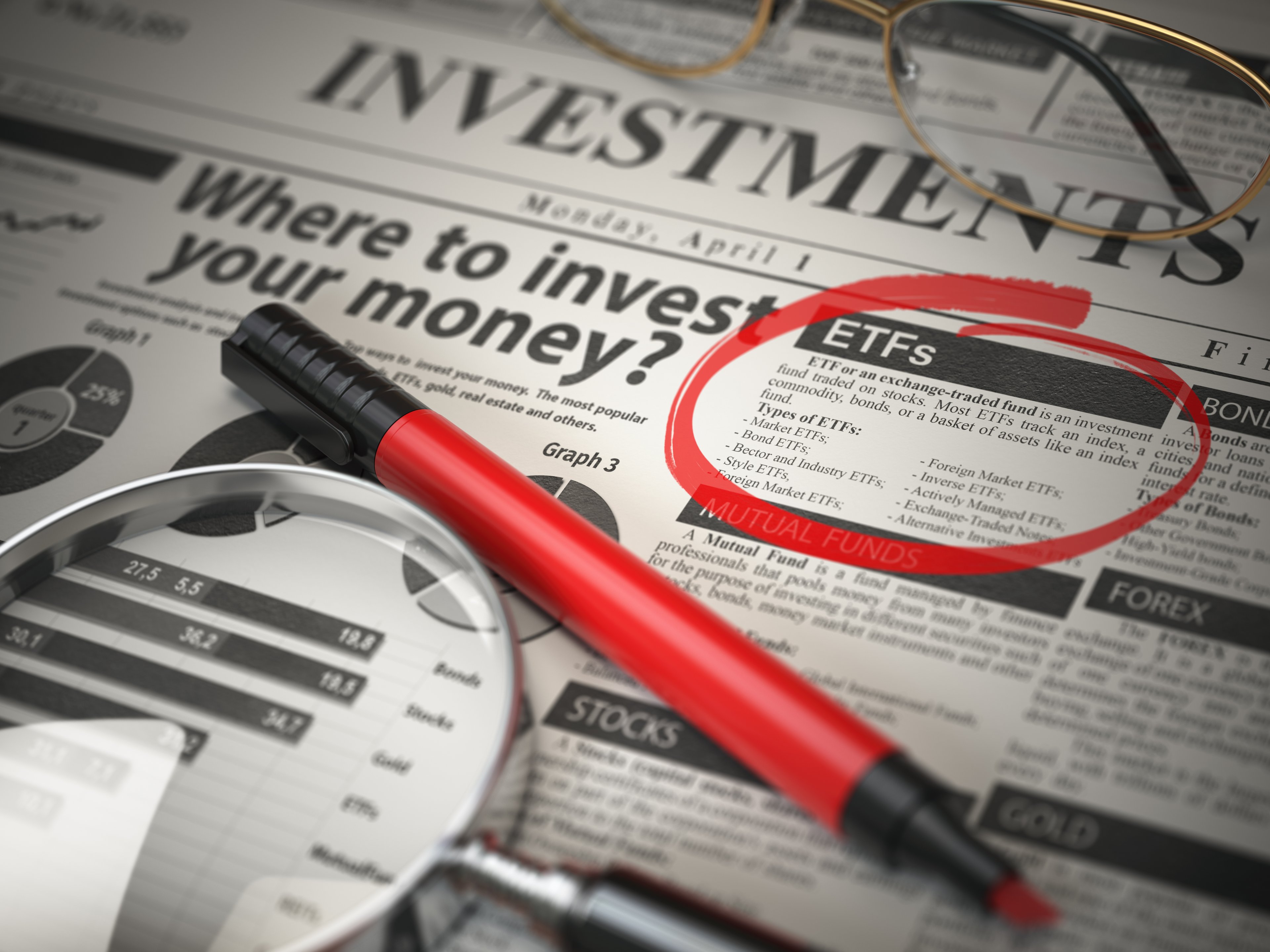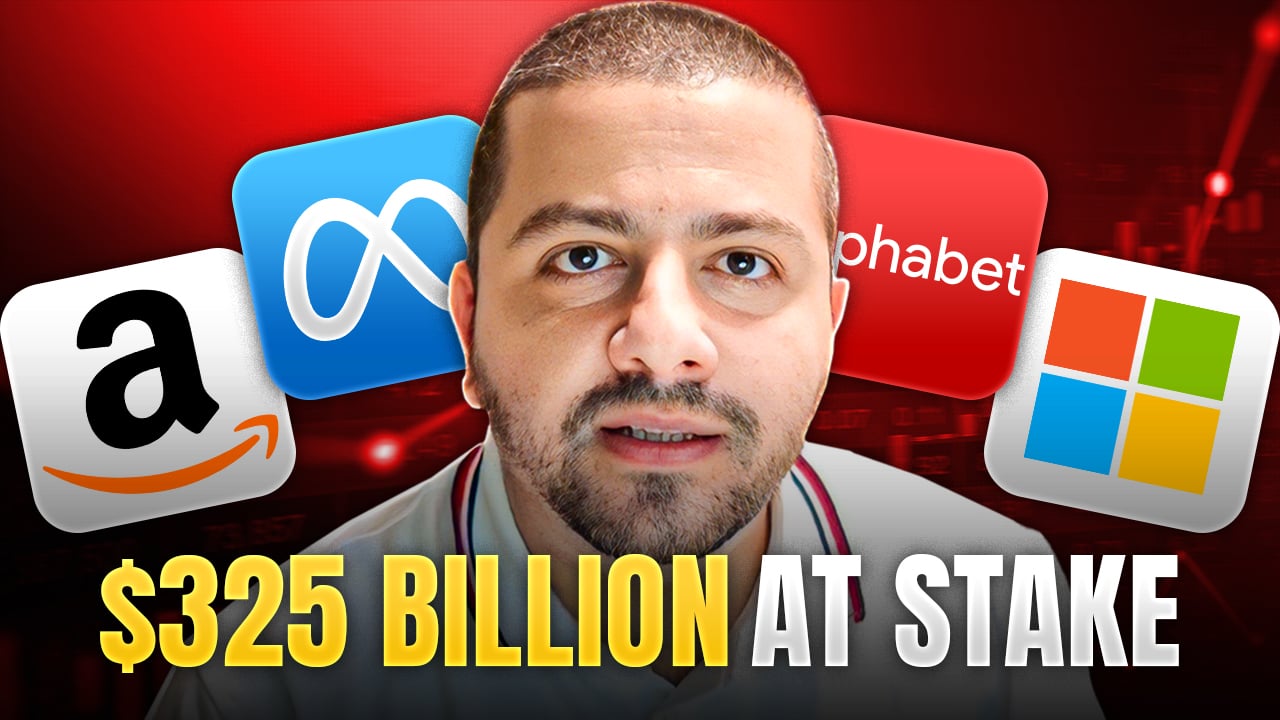Every quarter, Facebook CEO Mark Zuckerberg updates investors on his company's progress toward its three-year, five-year, and 10-year goals. The 10-year goal for Facebook (FB 0.78%) is to connect the world. To do that, the company is building out new services and infrastructure to connect people to the Internet for the first time through its Internet.org organization.
In 2014, Internet.org connected 6 million people to the Internet who would otherwise not have access to the web. Earlier this month, Internet.org launched in India in partnership with Reliance Communications to connect millions more.

Facebook just launched Internet.org in India. Source: Facebook.
While Facebook is among the list of services Internet.org users are able to access, it's almost certainly not making a profit on Internet.org. The people it's connecting are the least likely to respond well to advertisements -- which accounts for 93% of Facebook's revenue.
So, when one analyst recently asked Zuckerberg why he thinks investors should care about Internet.org, he had the most perfect response: " It matters to the kind of investors that we want to have, because we are really a mission-focused company. We wake up every day and make decisions because we want to help connect the world. "
Yes, Facebook's expenses are increasing rapidly. Last quarter, the company's non-GAAP expenses climbed 50% year over year. That's an acceleration over the first nine months, largely due to the purchase of WhatsApp. For the full year, Facebook increased expenses 34%.
Going forward, CFO Dave Wehner guided for non-GAAP expenses to climb 50% to 65% in 2015. Capital expenses are expected to be between $2.7 billion and $3.2 billion. That's a 47% to 75% increase in infrastructure spending -- some of which is related to building out Internet.org.
But Zuckerberg justifies this spending on infrastructure because it moves the company closer to its mission -- to connect the world. He went on to tell the analyst who questioned why investors should be interested in Internet.org:
If we were only focused on making money, we might put all of our energy on just increasing ads to people in the U.S. and the other most developed countries. But that's not the only thing that we care about here.
It will benefit Facebook in the long term
More importantly, Zuckerberg doesn't think Facebook's efforts with Internet.org will be unprofitable forever. In the long run, Internet.org serves to introduce millions of people to the Internet, and Facebook is one of their first experiences using it.
Zuckerberg addressed this, too:
I do think that over the long term, that focusing on helping connect everyone will be a good business opportunity for us, as well. We may not be able to tell you exactly how many years that's going to happen in. But as these countries get more connected, the economies grow, the ad markets grow, and if Facebook and the other services in our community, are the number one, and number two, three, four, five services that people are using, then over time we will be compensated for some of the value that we've provided.
Socially responsible investing
Facebook isn't the only mission-focused tech company. Providing the world with free or inexpensive Internet access is an admirable goal, even if it costs Facebook millions of dollars in the near term.
Another company spending millions on a social cause is Apple (AAPL +0.54%). The company recently announced an $848 million, 25-year agreement with First Solar to get electricity from a solar project in California with construction set to start this year.
Tim Cook has been vocal about his stance against climate change, and Apple's responsibility to reduce its impact on the environment as much as possible. At a shareholder meeting last February, Cook responded to questions from an activist group that opposed spending on environmental initiatives that don't improve the bottom line.
Cook's response was very similar to Zuckerberg's: "If you only want me to make things, make decisions that have a clear ROI, then you should get out of the stock."
Cook said the First Solar project will provide enough renewable power for almost 60,000 California homes, the new Apple Campus 2, every other Apple office in California, its 52 California retail stores, and Apple's data center in Newark.
Apple's $848 million agreement with First Solar was announced just hours before Cook took the stage at Goldman Sachs' Technology and Internet conference. Cook noted that he believes the deal will have a positive financial impact on the company in the long term.
Both Facebook and Apple are two prime examples of companies that support social causes, and may take a hit in their short-term earnings for doing so. In the long term, however, their initiatives provide value to the company, as well as the world.
Investors are apt to reward companies that stand up for social causes. These are the kind of companies that reward long-term investors.







